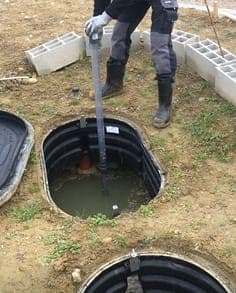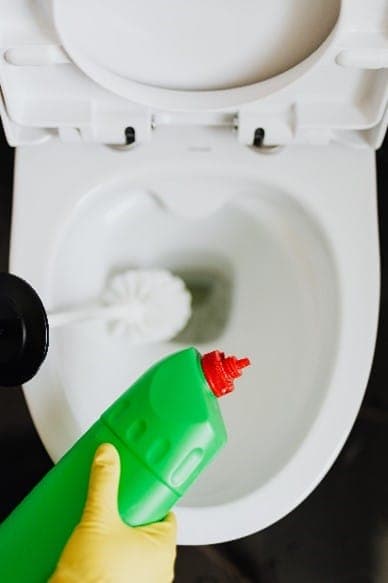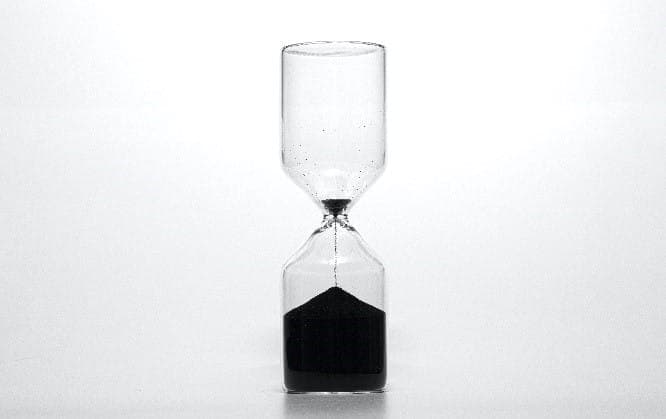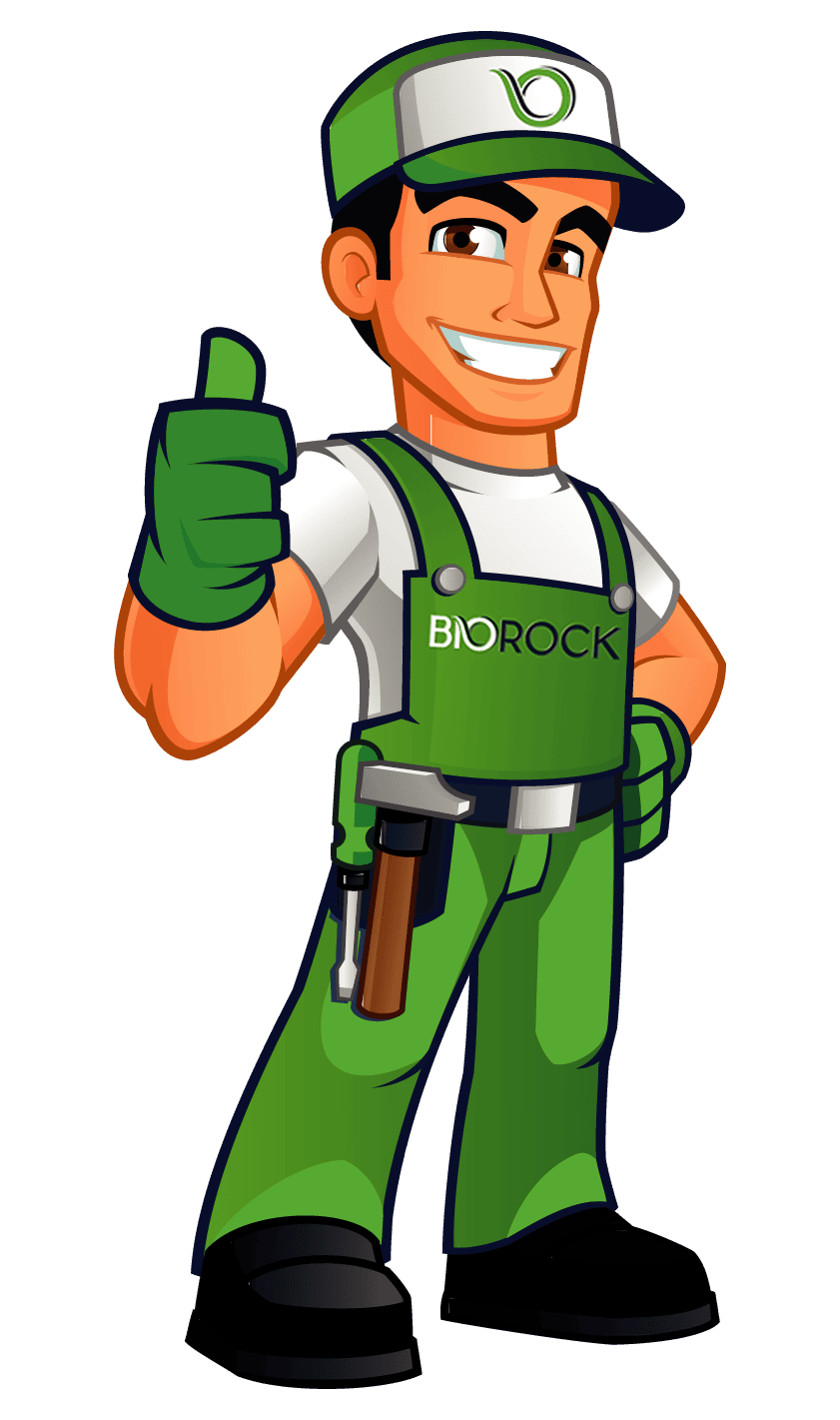Septic systems are an important part of many homes, and it's crucial to take the necessary steps to prolong their life. If you're not sure what those steps are, don't worry! We've got you covered.
In this blog post, we will discuss five habits that you need to adopt to keep your septic system running smoothly for years to come!
 One of the best ways to prolong the life of your septic system is to schedule regular maintenance meetings. This means having your septic tank pumped and inspected on a set schedule, so you can catch any potential problems before they become too serious. It's important to note that the frequency of these maintenance meetings will vary depending on the size and age of your septic system. For example, if you have a brand new system, you may only need to pump it and inspect it every two or three years. However, if you have an older septic system, you may need to do this more often - perhaps every year or even six months.
One of the best ways to prolong the life of your septic system is to schedule regular maintenance meetings. This means having your septic tank pumped and inspected on a set schedule, so you can catch any potential problems before they become too serious. It's important to note that the frequency of these maintenance meetings will vary depending on the size and age of your septic system. For example, if you have a brand new system, you may only need to pump it and inspect it every two or three years. However, if you have an older septic system, you may need to do this more often - perhaps every year or even six months.
The best way to determine how often your septic tank needs maintenance is to speak with your local septic installer or a BIOROCK specialist. If you're not sure who to contact in your area, try contacting your local health department for advice. They should be able to provide you with a list of qualified professionals in your area. Remember, it's always better to be safe than sorry! Regular maintenance meetings are an important step in prolonging the life of your septic system.
 One of the best ways to protect your septic system is to banish all harmful or chemical products from your home. This includes things like bleach, harsh detergents, and synthetic fragrances. These products can be extremely damaging to septic systems, so it's important to avoid them at all costs. Remember, septic systems are delicate ecosystems - one wrong product can throw the whole thing off balance! Choose wisely when it comes to septic-safe products. Another group of products you'll want to avoid using around your septic system is chemical fertilizers and pesticides. These products can seriously damage your septic tank, it's best to just stay away from them altogether. If you require a weed killer or fertilizer, there are plenty of septic-safe options available on the market. Just do your research before purchasing any products, and make sure to read the labels carefully!
One of the best ways to protect your septic system is to banish all harmful or chemical products from your home. This includes things like bleach, harsh detergents, and synthetic fragrances. These products can be extremely damaging to septic systems, so it's important to avoid them at all costs. Remember, septic systems are delicate ecosystems - one wrong product can throw the whole thing off balance! Choose wisely when it comes to septic-safe products. Another group of products you'll want to avoid using around your septic system is chemical fertilizers and pesticides. These products can seriously damage your septic tank, it's best to just stay away from them altogether. If you require a weed killer or fertilizer, there are plenty of septic-safe options available on the market. Just do your research before purchasing any products, and make sure to read the labels carefully!
Last but not least, avoid pouring fats, oils, or grease down your drains. These substances can quickly clog up your septic system, it's best to just discard them in the trash instead. If you have a lot of these materials lying around your home, try creating a designated bin for kitchen waste - that way, you'll be less likely to pour them down the drain. If you're not sure what products are safe for septic systems, just read our previous article. You will know exactly what type of household can be used and which natural products you can use to replace the chemicals.
 One of the most common causes of septic system failure is overloads - that is when too much water enters the septic tank at once. This can happen for several reasons, but the most common culprit is excessive water consumption. If you're not careful, you could easily send your septic system into overload mode!
One of the most common causes of septic system failure is overloads - that is when too much water enters the septic tank at once. This can happen for several reasons, but the most common culprit is excessive water consumption. If you're not careful, you could easily send your septic system into overload mode!
To avoid this problem, it's important to monitor your water consumption closely. Keep track of how many people are living in your home and how much water they're using each day. If you notice that your daily usage is getting close to or above the septic tank's maximum capacity, try cutting back on some activities (like taking long showers or running the dishwasher). You may also want to consider investing in a water-saving showerhead or dishwasher.
Another way to avoid overloads is to make sure that your septic tank is properly sized for your home. If you have a small home with just one or two people, you don't need a massive septic tank - that's just overkill! A septic system should be sized according to the number of people who will be using it and the amount of wastewater they will produce. So if you're unsure about your septic tank size, contact your local septic installer for advice. Lucky you, BIOROCK provides different non-electric solutions that can support water loads for 1 to 240 PE (Population Equivalent). So if you need a bigger septic tank or a perfectly fitted one, just check our different treatment plants!
Finally, when you have a lot of people in your home, they're all using your septic tank at once - and that can put a serious strain on the system! If you know you're going to be hosting a party or having guests over for dinner, make sure to take some extra precautions. One way to avoid overloads is to limit water use during the party. You can do this by asking guests not to run the dishwasher or shower, and by serving drinks and food that don't require much cleanup.
Remember that water conservation is critical no matter where you reside, but it's especially vital if you have a septic system.
Garbage disposal is a handy tool to have in your kitchen, but it's not septic-safe! If you're using a garbage disposal, all of the food waste and grease from your kitchen is going right down the drain and into your septic tank. This can cause serious problems for your septic system, so it's best to just avoid using garbage disposal altogether.
 If you're having trouble getting rid of food waste or grease without garbage disposal, try composting or freezing the waste until you can properly dispose of it. Composting is a great way to recycle organic materials, and it's perfect for people who want to reduce their environmental impact. Freezing food waste also works well - just make sure to thaw it before putting it down the drain!
If you're having trouble getting rid of food waste or grease without garbage disposal, try composting or freezing the waste until you can properly dispose of it. Composting is a great way to recycle organic materials, and it's perfect for people who want to reduce their environmental impact. Freezing food waste also works well - just make sure to thaw it before putting it down the drain!
If you're still not sure how to get rid of food waste, contact your septic system installer for advice. They'll be able to recommend a disposal method that's safe for your septic tank.
 This may seem like a no-brainer, but it's important to remember that a septic system is only as good as its installation. If your septic tank isn't installed properly, it won't work correctly and you'll likely experience problems down the road.
This may seem like a no-brainer, but it's important to remember that a septic system is only as good as its installation. If your septic tank isn't installed properly, it won't work correctly and you'll likely experience problems down the road.
That's why it's so important to make sure you're working with a qualified septic installer. They will know how to size and install your septic tank for optimal performance. They will also be able to recommend maintenance habits that will prolong the life of your septic system. BIOROCK installers are particularly well trained to install our systems, so you can call them with your eyes closed!
Septic systems are an important part of our homes and our environment, but they need to be taken care of to function properly. By following these five habits, you can prolong the life of your septic system and avoid costly repairs down the road.
For more information on wastewater treatment systems and how to maintain them, visit BIOROCK's website. We offer complete wastewater treatment solutions, or simply treatment units to be installed behind the septic tank, whether for small houses or large communities, all environmentally friendly and extremely efficient. So whether you're just getting started with septic or you've been using one for years, BIOROCK has the resources you need to stay informed and protect your investment. Thank you for reading!